Specifications
{{item.name}}
{{item.value}}
Lotus essential oil (typically extracted from blue or white lotus) is believed to have multiple potential therapeutic effects in aromatherapy and traditional medicine. However, it's important to note that many of its benefits are based on traditional use or preliminary research and have not been fully validated by modern medical science. Below are its primary uses and precautions:
I. Primary Benefits and Uses
- Mood Regulation: Helps alleviate anxiety and stress, promoting relaxation (the fragrance affects the limbic system through the olfactory senses, potentially regulating neurotransmitters like serotonin). Aids in improving sleep and creating a calming atmosphere (often blended with soothing oils like lavender).
- Skincare: Antioxidant properties: Contains polyphenols that may slow skin aging (must be diluted before use). Moisturizing: Some formulations are used for dry or sensitive skin (requires dilution with a carrier oil; avoid direct application). Traditionally used to soothe minor inflammations (e.g., eczema or redness), though clinical evidence is lacking.
- Women's Health: In Ayurvedic medicine, it is used to regulate menstrual cycles or relieve premenstrual discomfort (effects vary by individual). May help alleviate menopausal mood swings (requires further research).
- Anti-inflammatory and Immune Support: Preliminary studies suggest lotus extracts may have anti-inflammatory effects, but the specific efficacy of the essential oil remains unclear.
- Spiritual and Meditation: The fragrance is commonly used in yoga or meditation to enhance focus and spiritual experiences (highly subjective).
II. Usage Precautions
- Dilution Required: Pure lotus essential oil must be diluted with a carrier oil (e.g., jojoba or sweet almond oil) at a 1-2% concentration to avoid skin irritation.
- Patch Test: Perform a small patch test on the wrist or behind the ear before first use and wait 24 hours to check for adverse reactions.
- Contraindications and Safety: Avoid use during pregnancy, breastfeeding, or with infants (due to insufficient safety data). Those with epilepsy or on medication should consult a doctor. Avoid contact with eyes and mucous membranes.
- Photosensitivity: Some lotus essential oils may contain photosensitive compounds; avoid sun exposure for 12 hours after application.
III. Blending with Other Essential Oils
- Relaxation: Can be blended with lavender or bergamot.
- Skincare: Pairs well with rose or frankincense essential oils (enhances antioxidant effects).
- Energizing: Combine with small amounts of lemon or peppermint.
CUSTOMER REVIEWS
{{commentStat.averageRating}}
{{commentStat.total}} Revirews
All({{commentStat.total}})
Images({{commentStat.imgSum}})
5 Star({{commentStat.praiseSum}})

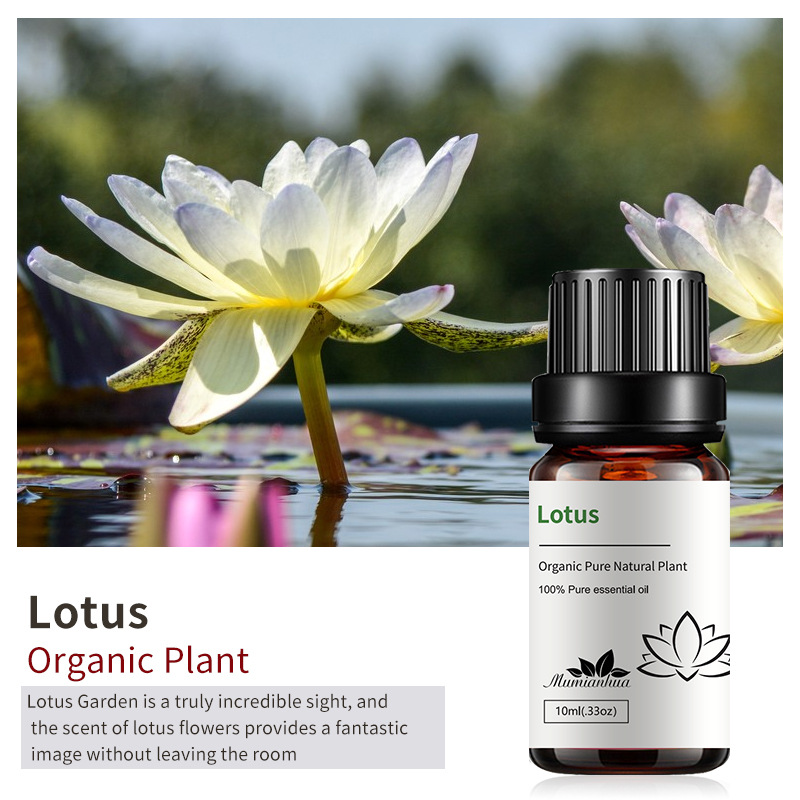
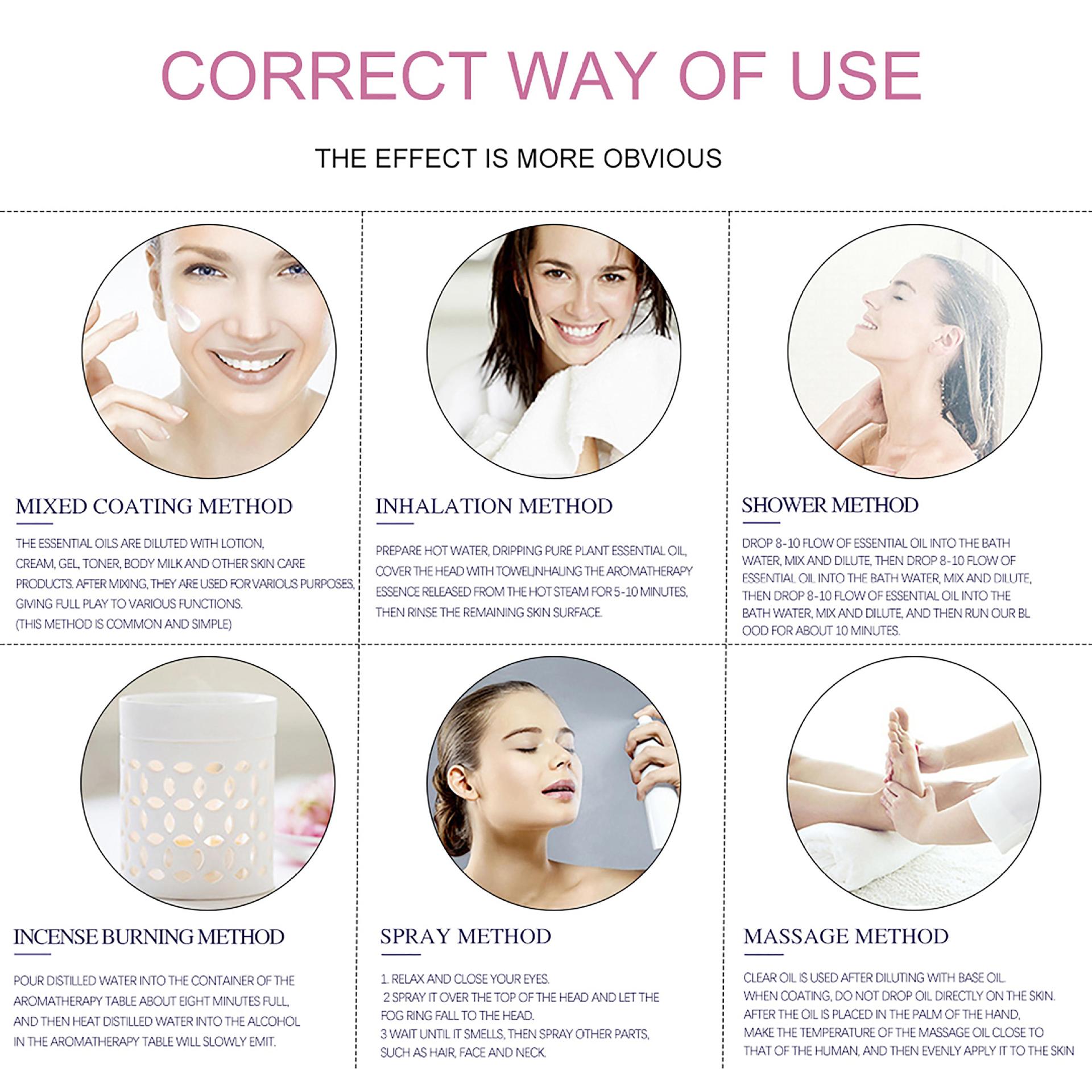
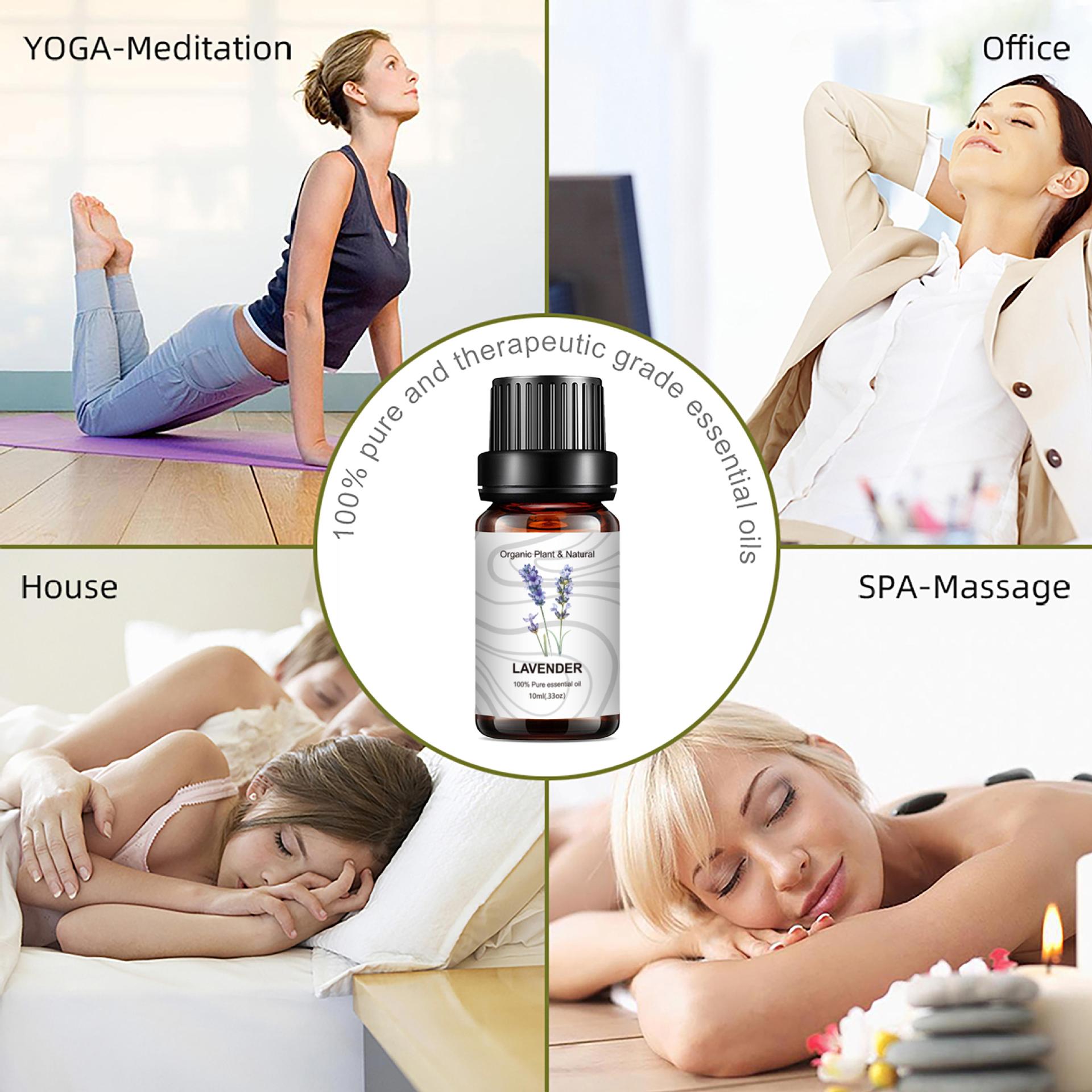



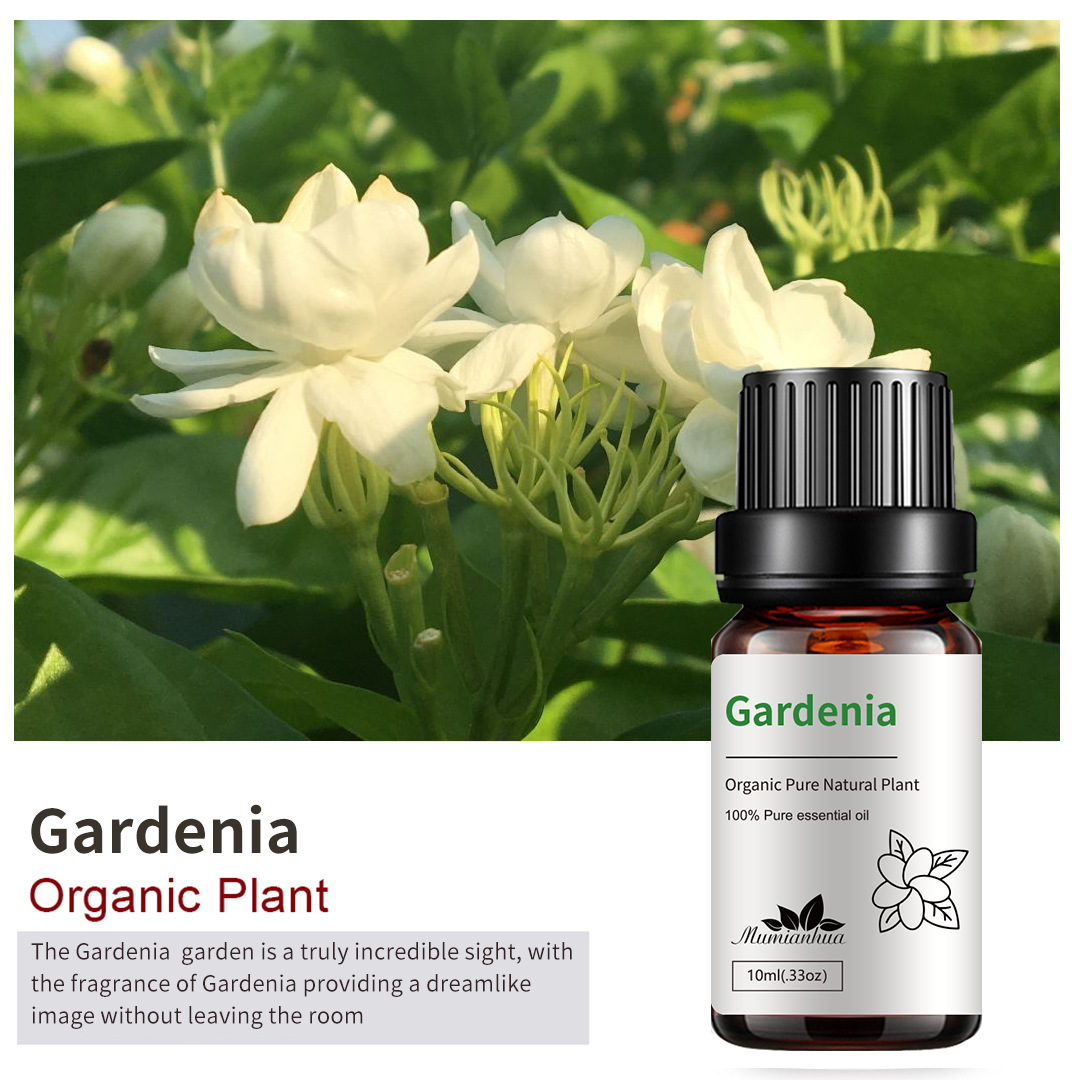
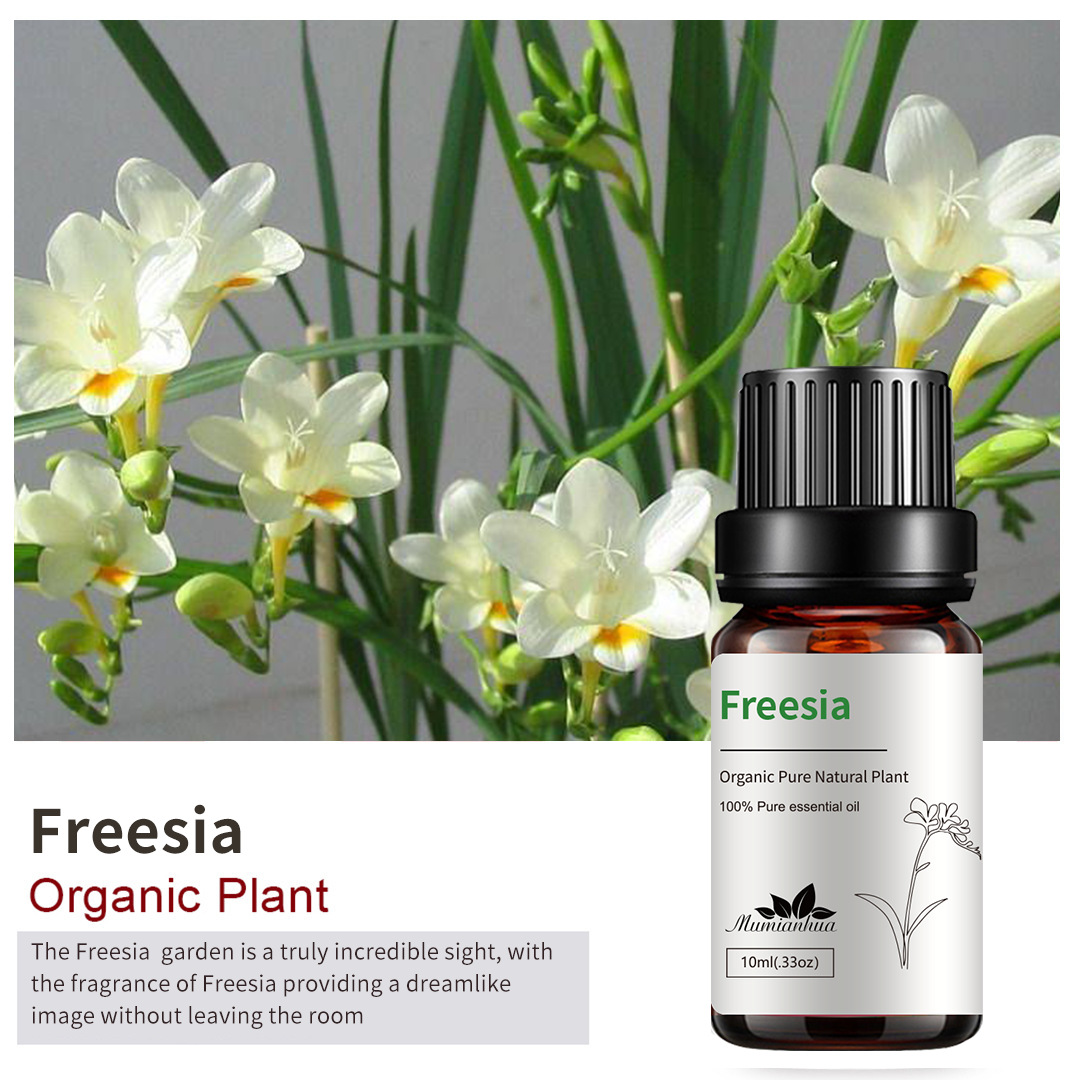
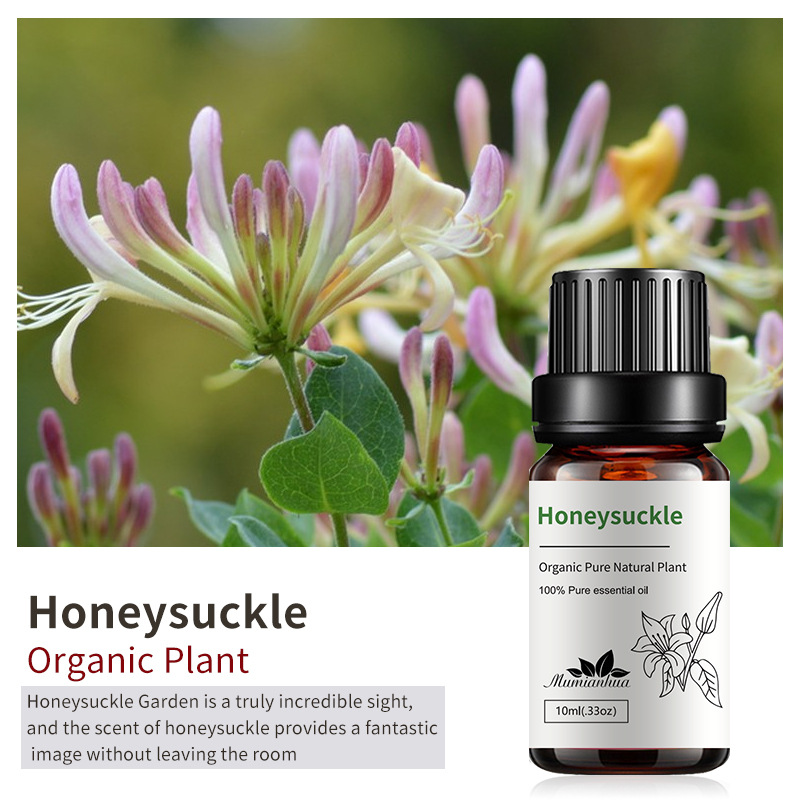
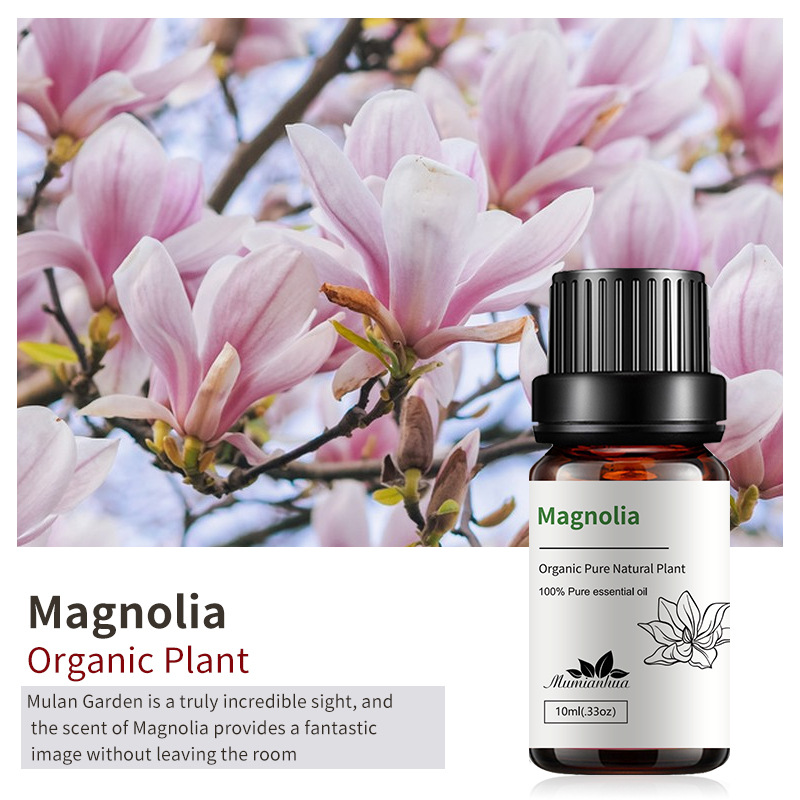
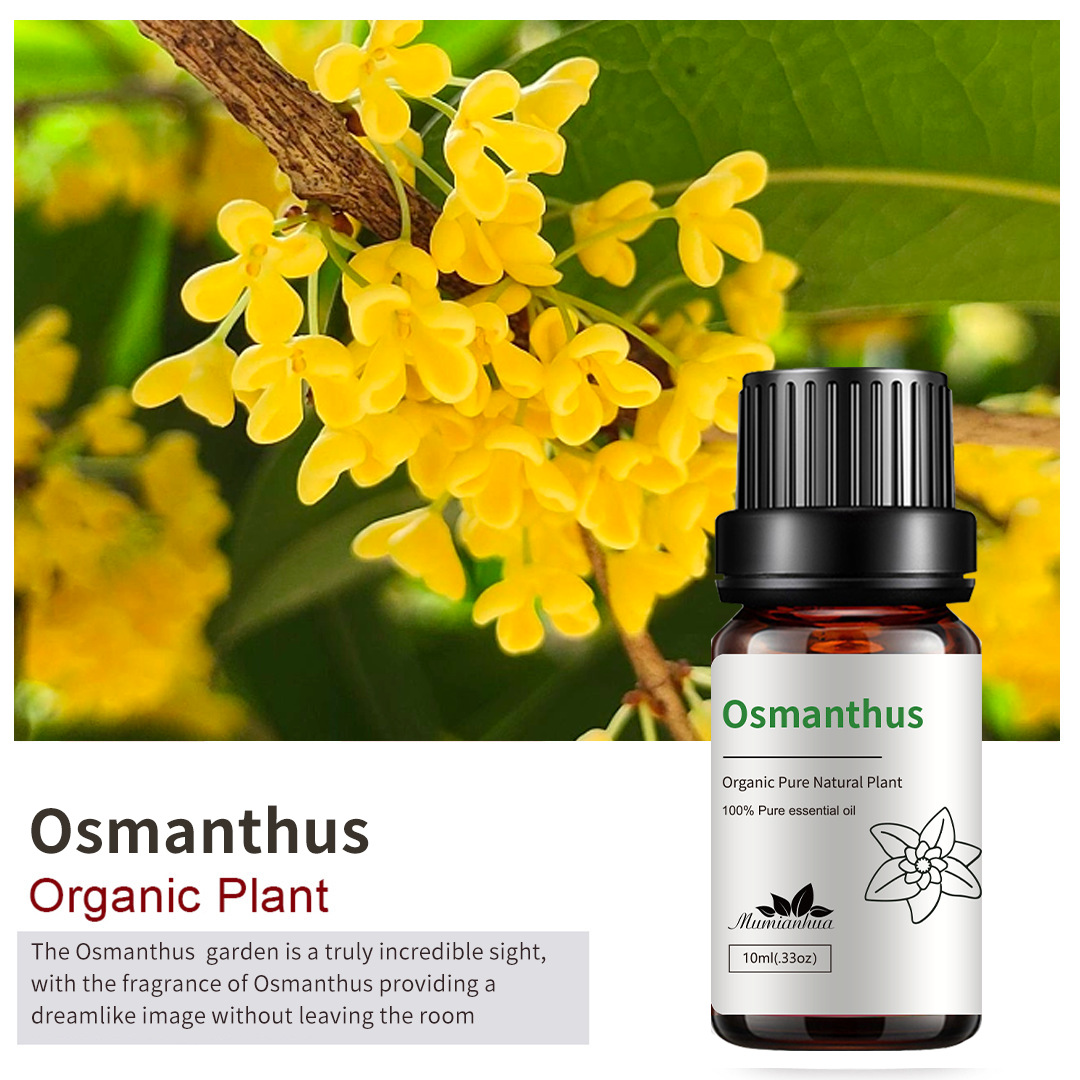
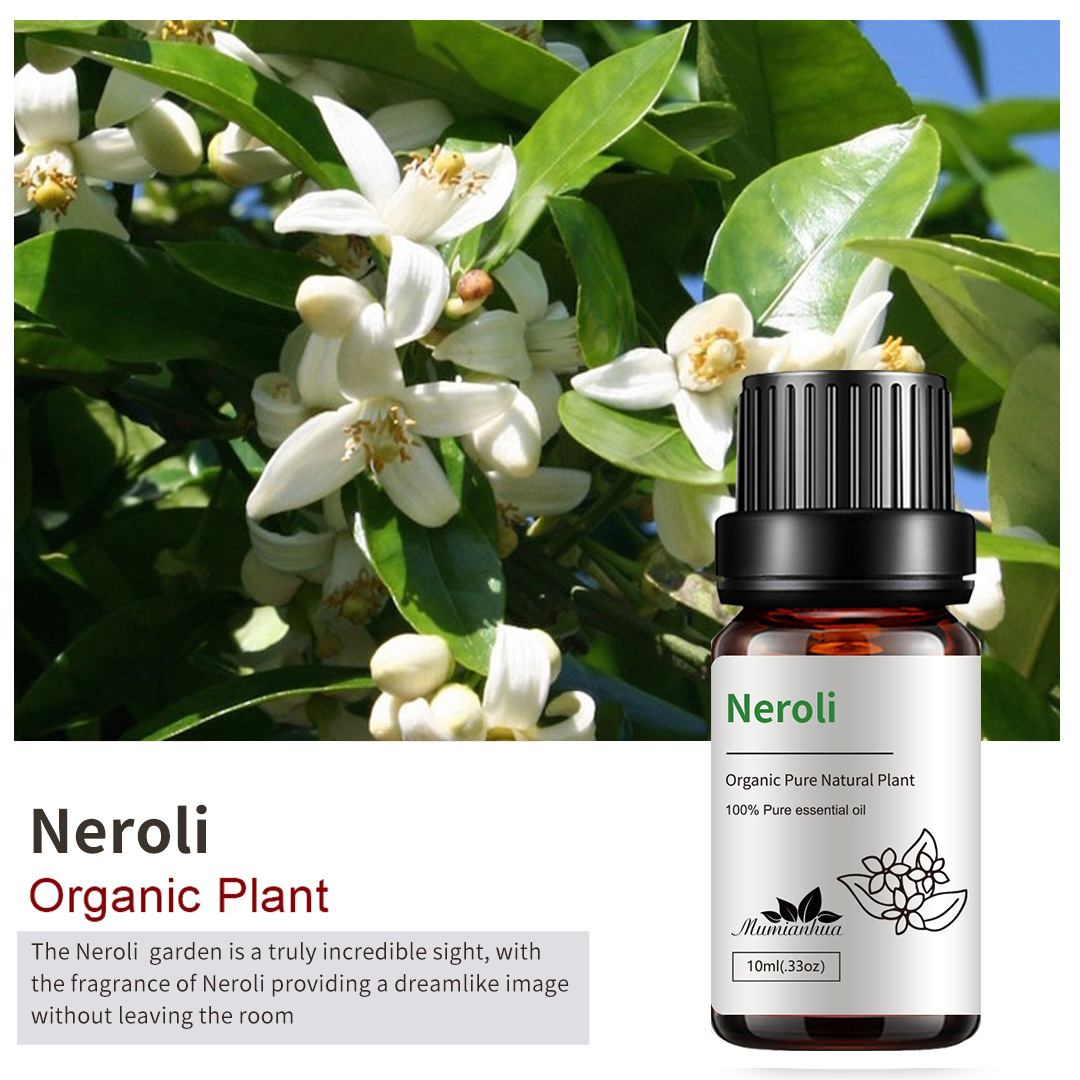
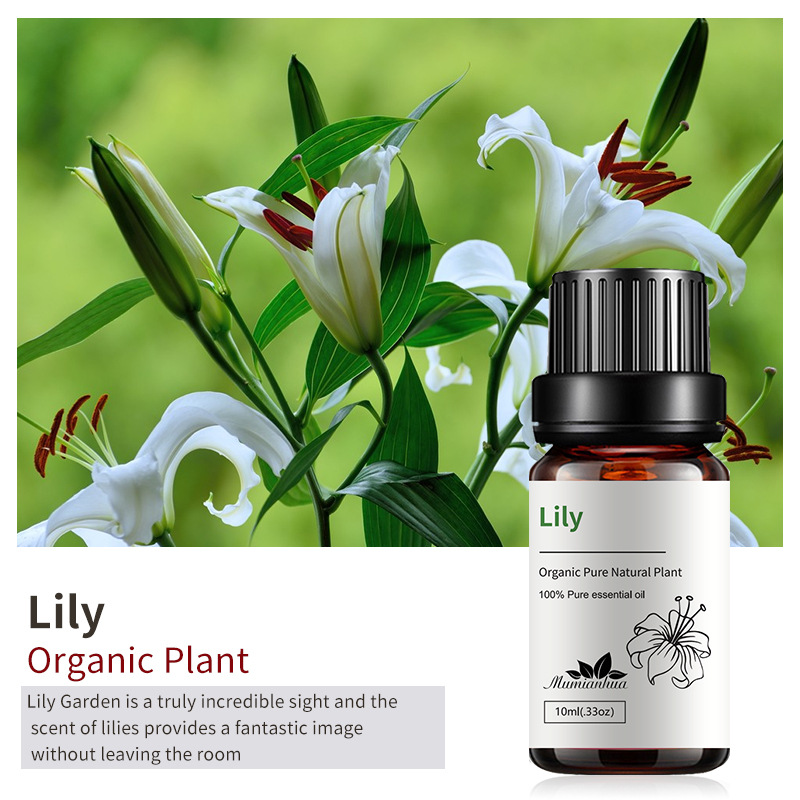
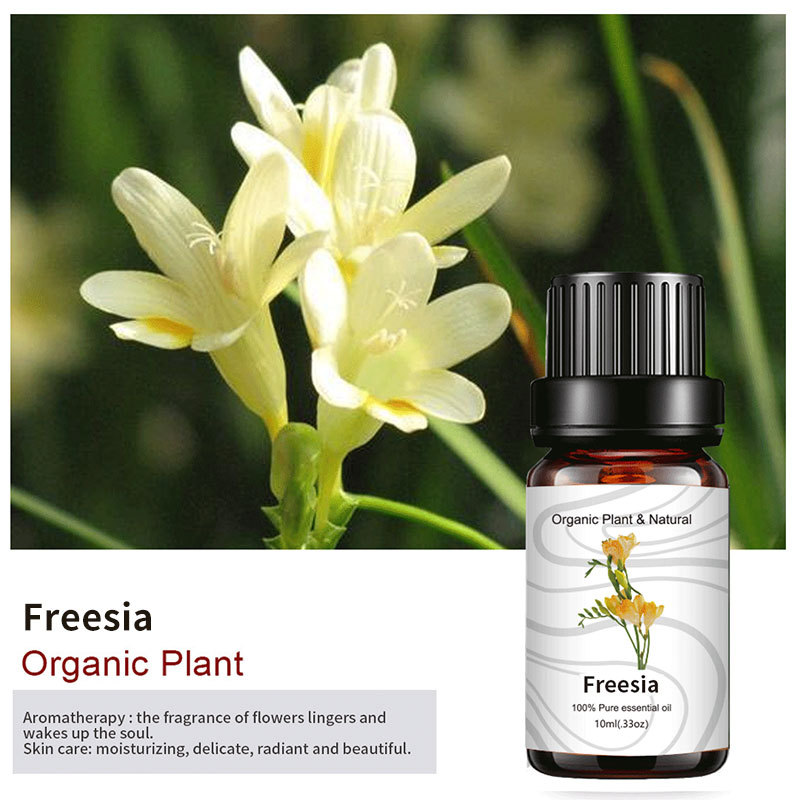
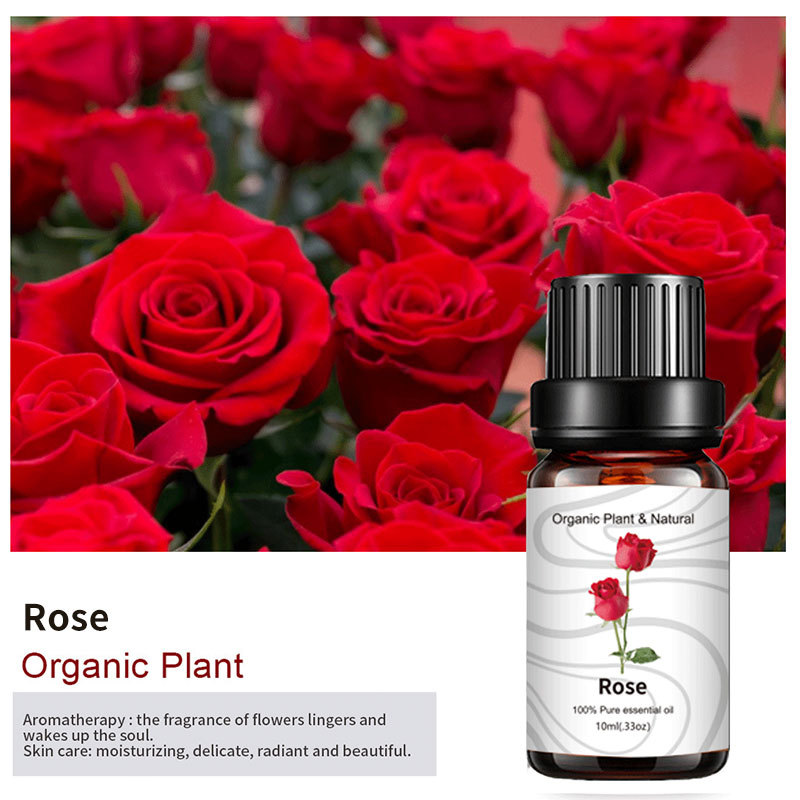
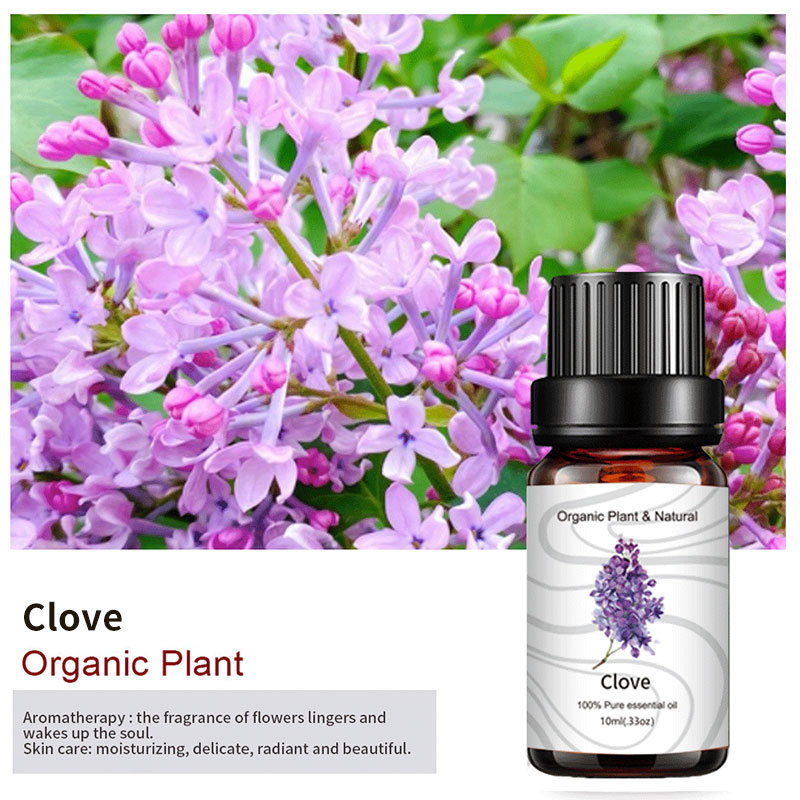
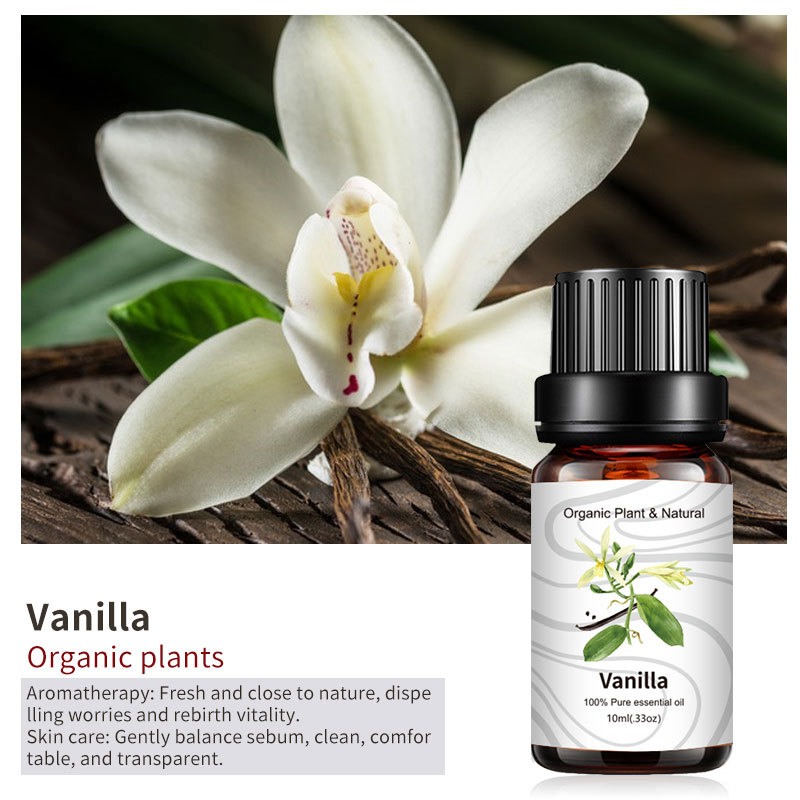
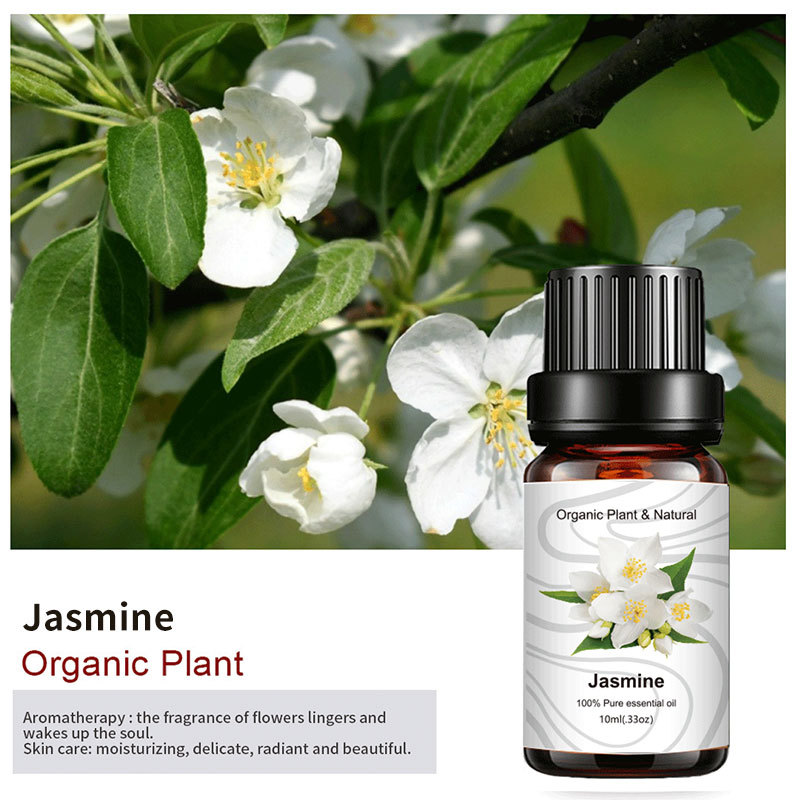
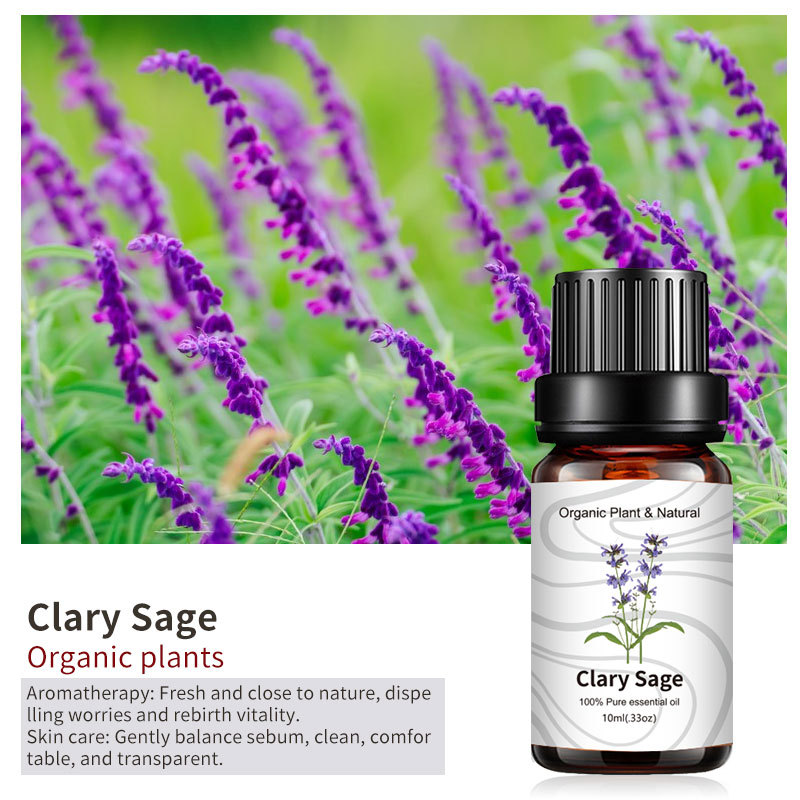
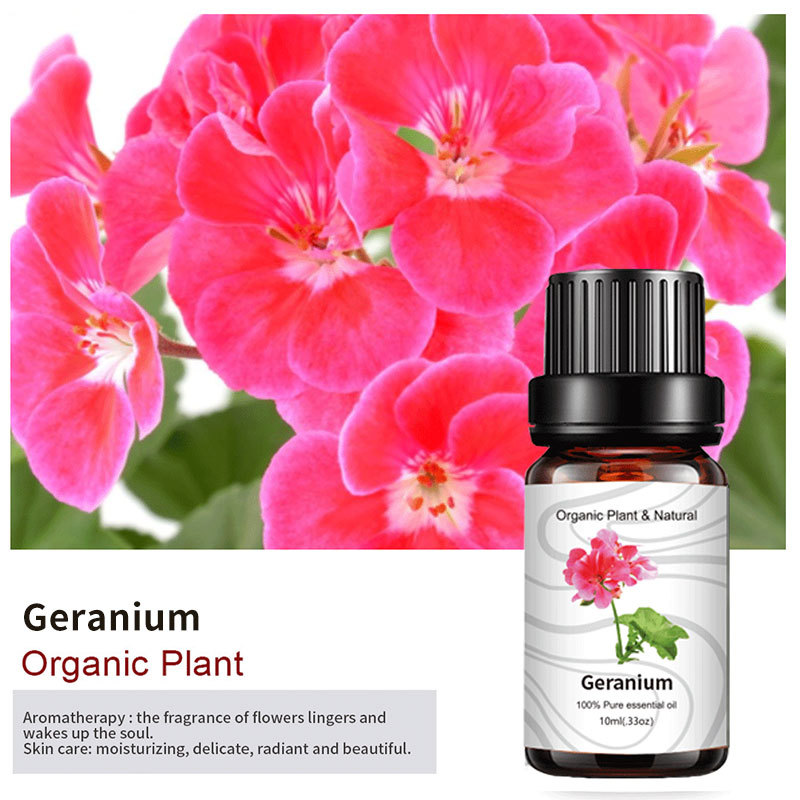
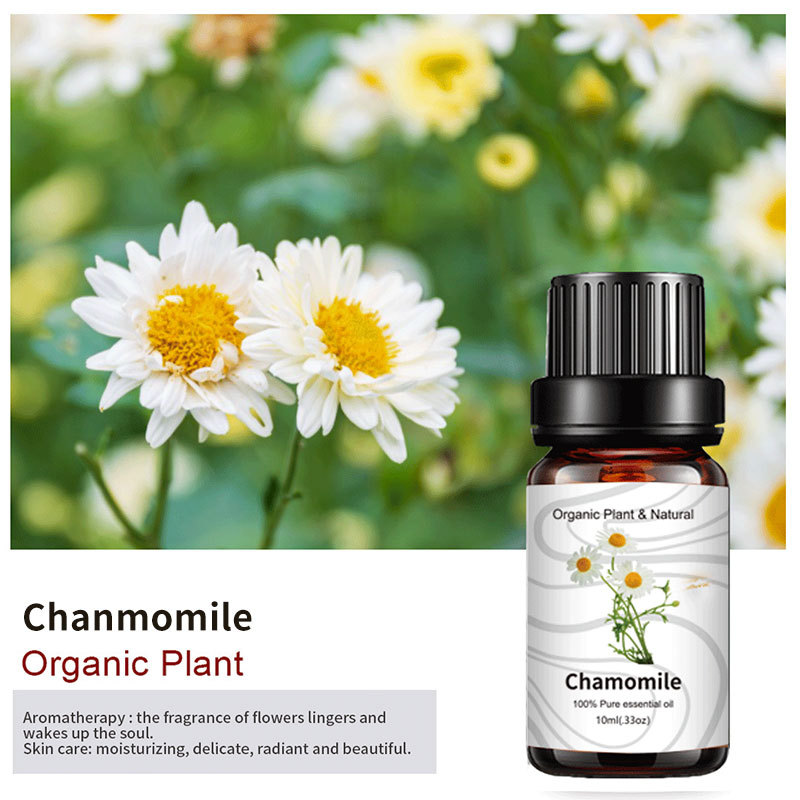
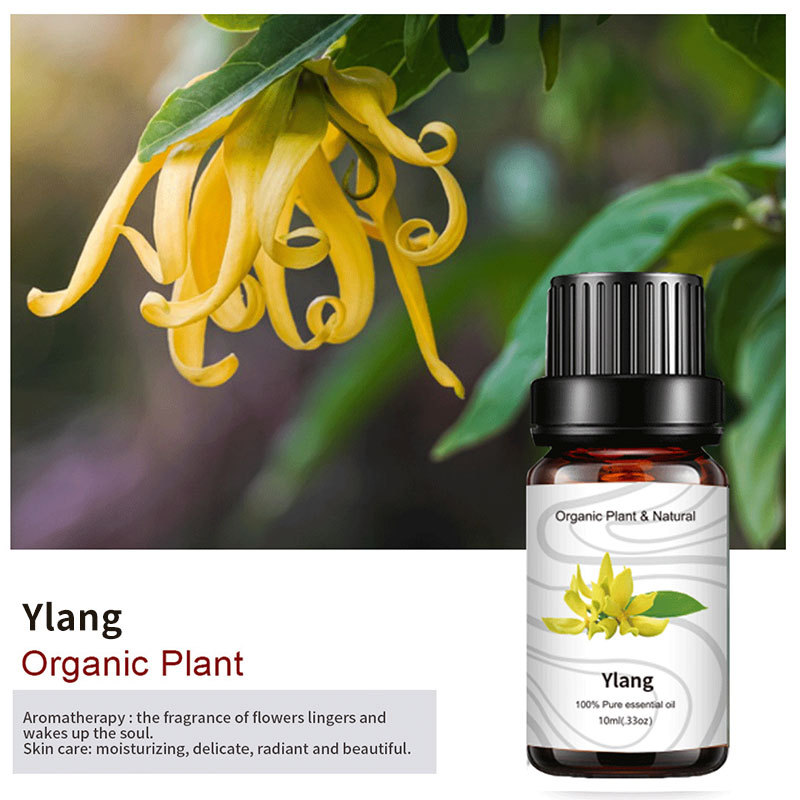
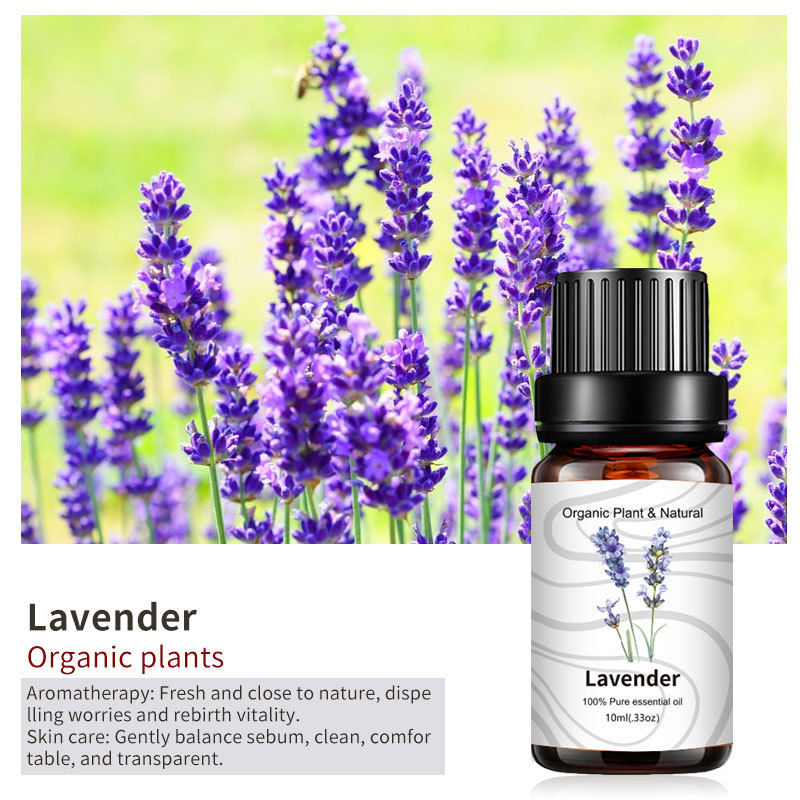

{{item.comments}}